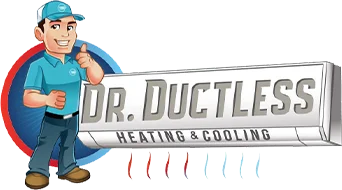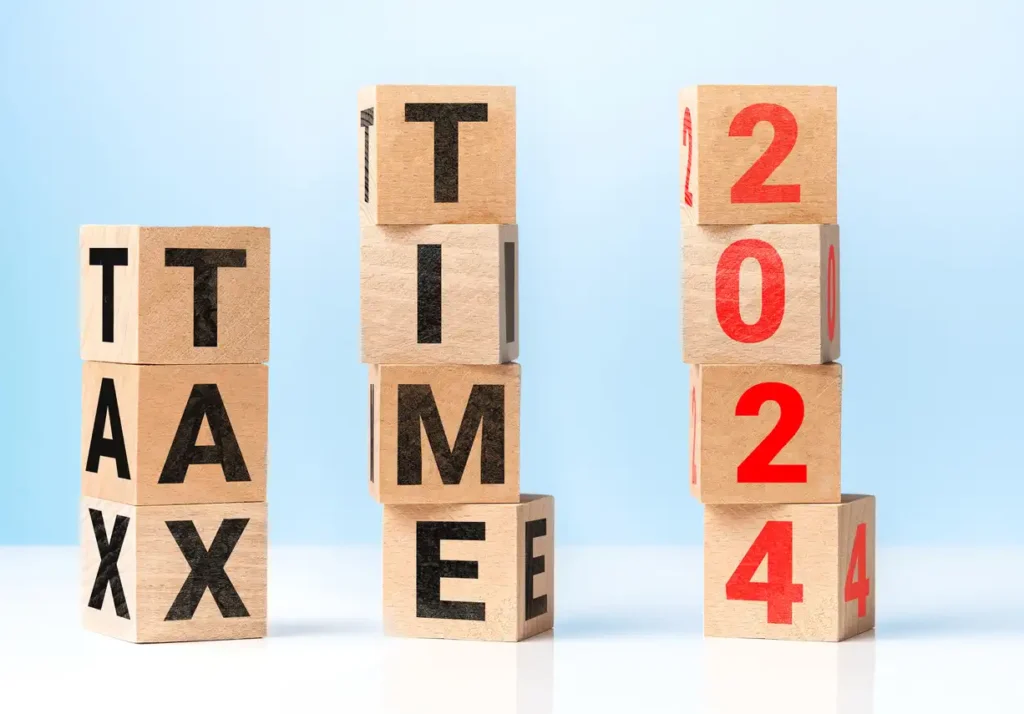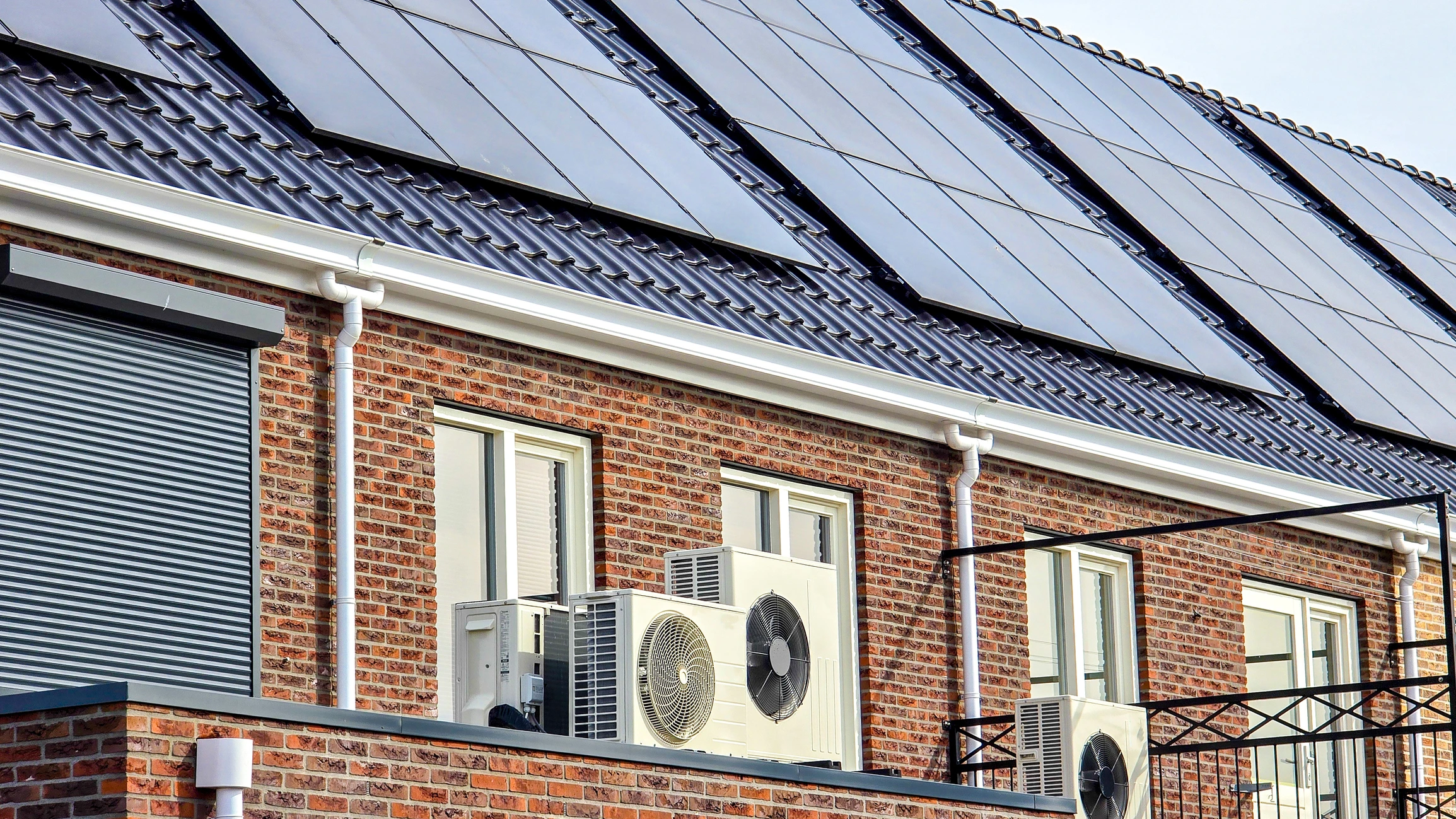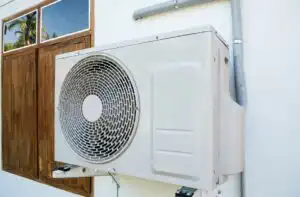Heating, ventilation, and air conditioning (HVAC) systems are essential in every home and business. Tax breaks and incentives can significantly reduce the cost of installing and maintaining these systems. As we approach the 2024 election, many are wondering how potential political changes might affect these tax benefits. Understanding the potential shifts can help you make informed decisions about your HVAC needs.
Overview Of HVAC Tax Breaks
HVAC tax breaks are designed to encourage energy-efficient upgrades and installations. These incentives lower the cost of purchasing and installing modern HVAC systems, making them more accessible for homeowners and businesses. Several types of tax incentives exist, including federal tax credits, state rebates, and local utility incentives. Each of these aims to reduce greenhouse gas emissions by promoting energy-efficient technologies.
Federal tax credits provide significant savings on the purchase of qualifying HVAC systems. These credits typically cover a percentage of the total cost, including installation. This reduction makes it easier for consumers to invest in high-efficiency units, which in turn lowers their energy bills and carbon footprint. State rebates can further enhance these savings. Depending on your location, you might find additional financial incentives that make upgrading your HVAC system even more affordable.
Local utility companies may also offer rebates or special programs to encourage the use of energy-efficient HVAC systems. These can include discounts on your utility bills, financial incentives for using less energy during peak hours, or benefits for participating in energy-saving programs. Understanding the variety of HVAC tax breaks available can help you make an informed decision when upgrading or installing new systems.
Potential Changes In Tax Incentives Post-2024 Election
The 2024 election may bring changes to HVAC tax incentives. Different candidates and parties have varying priorities regarding environmental policies and energy efficiency. Changes in leadership can lead to shifts in the types and amounts of tax breaks available. It is crucial to stay informed about these changes to maximize the potential benefits for your HVAC upgrades.
One possible outcome is an increase in tax incentives for energy-efficient systems. Candidates who prioritize environmental sustainability might advocate for more substantial tax breaks to encourage the adoption of green technologies. This could mean higher federal tax credits, more state rebates, and additional local utility incentives. Enhanced benefits would make it even more cost-effective to upgrade to energy-efficient HVAC systems.
Conversely, there might be reductions or eliminations of certain tax incentives. Some candidates may focus on other policy areas, potentially leading to decreased support for energy efficiency programs. This could result in lower tax credits or fewer state and local rebates. Understanding these potential changes can help you time your HVAC purchases to take full advantage of the current incentives before any modifications occur.
Preparing For Policy Shifts: What Homeowners And Businesses Should Know
Preparing for potential changes in HVAC tax incentives involves a few key steps. Homeowners and businesses can take proactive measures to ensure they maximize available tax breaks and minimize costs. Awareness and timely action can make a significant difference.
- Stay Informed: Keep an eye on political developments and policy announcements related to HVAC tax incentives. This awareness will help you adapt quickly to any changes and take advantage of new opportunities.
- Consult Our Professionals: Our technicians can help you understand the current incentives and how any upcoming changes might impact you. They can provide advice tailored to your specific situation and guide you in making informed decisions.
- Act Quickly: If you suspect tax incentives may decrease or be eliminated, consider upgrading your HVAC system sooner rather than later. This strategy ensures you benefit from existing incentives before any changes take effect.
How Our Professionals Can Help
Navigating HVAC tax incentives can be complex, but our professionals are here to help. We provide expert guidance on available tax breaks and how to maximize them for your HVAC installations. Our team stays updated on policy changes, so you don’t have to.
First, our professionals can assess your current HVAC system and recommend energy-efficient upgrades that qualify for tax incentives. This personalized approach ensures you make the most of available benefits while enhancing your home’s or business’s comfort and efficiency. Next, we handle the installation process, ensuring everything is done correctly and in compliance with relevant regulations. This service provides peace of mind and helps you avoid potential issues that could disqualify you from receiving tax incentives.
Lastly, we offer ongoing support and maintenance to keep your HVAC system running efficiently. Regular maintenance ensures your system continues to meet the standards required for tax incentives, maximizing your long-term savings.
Conclusion
Understanding the potential influence of the 2024 election on HVAC tax breaks is crucial for homeowners and businesses. Staying informed about current incentives and preparing for possible policy shifts can help you make the most of available benefits. Energy-efficient HVAC systems offer significant savings and environmental advantages, making them a smart investment.
Contact Dr. Ductless Heating & Cooling today to learn more about how we can help you navigate HVAC tax incentives and ensure your system remains efficient and cost-effective. Whether you need a mini split AC or ductless heater installation in Torrance, we can guide you through the complexities and help you maximize your savings!











